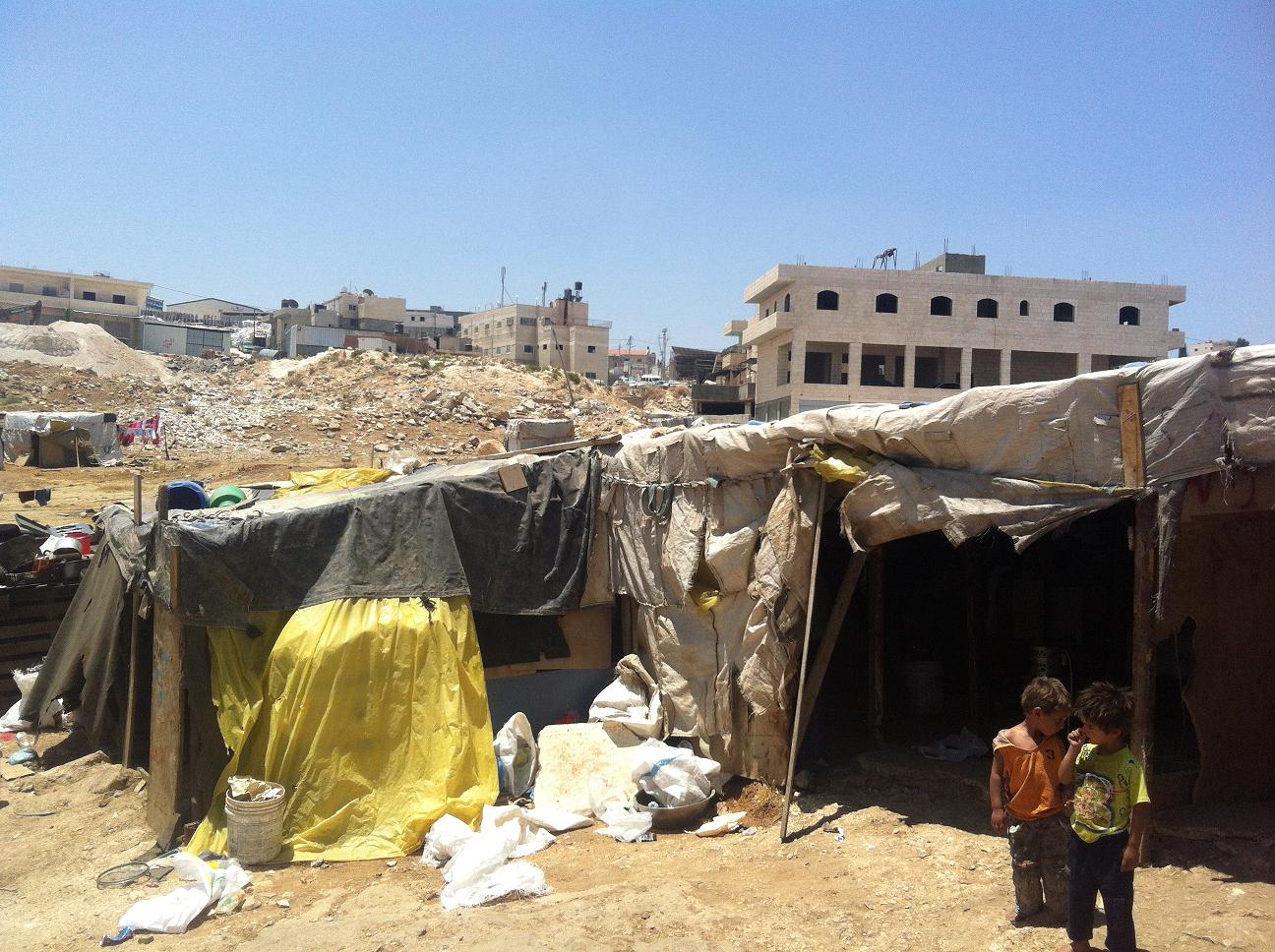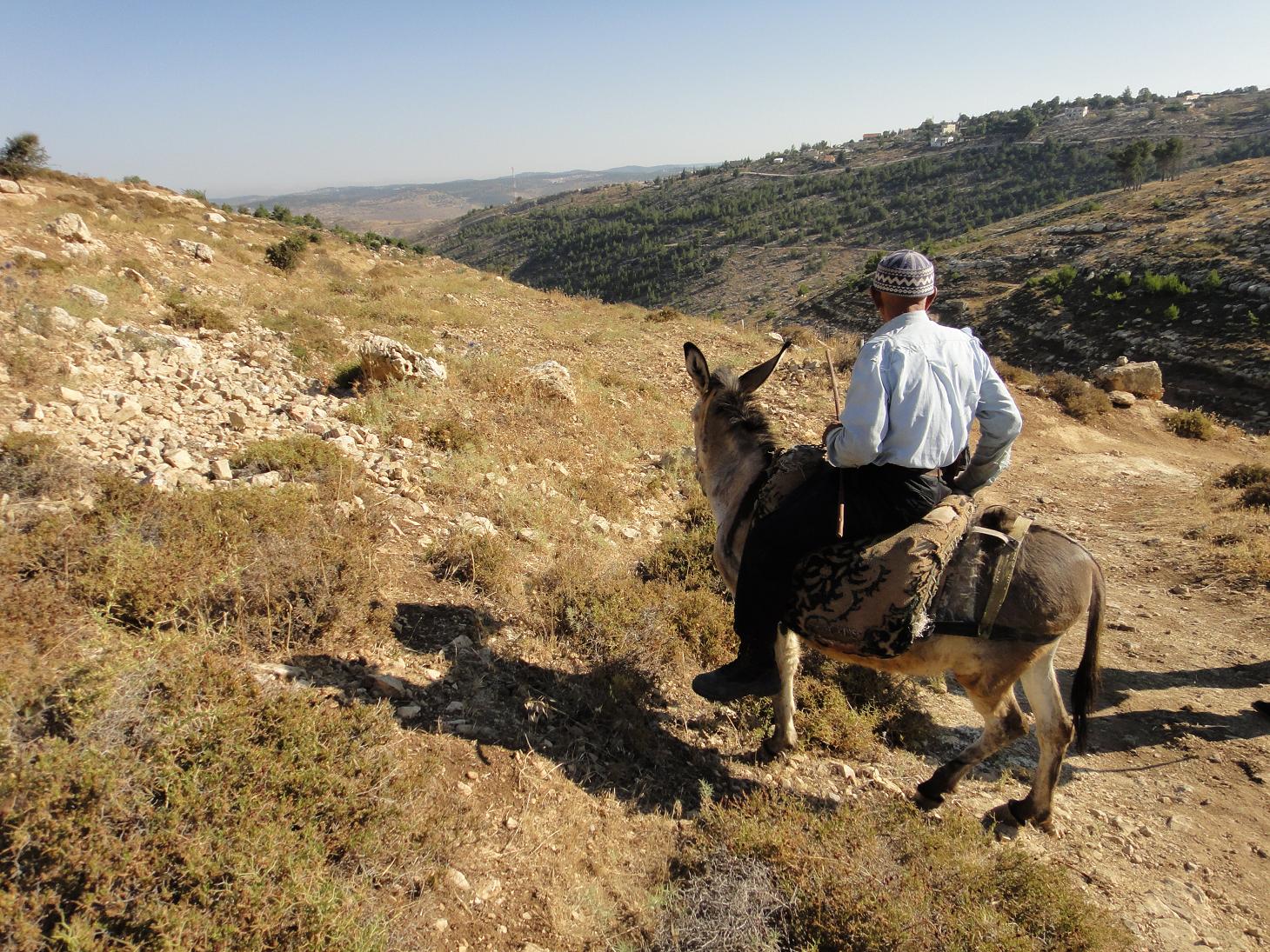Category: Journals
-
Awad, 19, wounded by Israeli fire while gathering firewood
31st July 2013 | International Solidarity Movement, Rosa Schiano | Gaza, Occupied Palestine On Thursday afternoon, July 25, 2013, a 19 year old, Rafat Awad Abdel Aty was injured while working in an area called “Jamarik” near Beit Hanoun in the northern Gaza Strip. Awad, who was admitted to the Kamal Odwan hospital, told us…
-
Bedouins outside Jerusalem face violence and threats of expulsion
1st July 2013 | International Solidarity Movement, Ramallah Team | ‘Anata, Jerusalem The Bedouin community of ‘Anata suffers daily from the consequences of living just underneath the Apartheid Wall of East Jerusalem; the community is considered unwanted by the Israelis, and is therefore a victim of attacks and harassment. In addition, their unique location between…
-
Saturdays under the settlements
25th June 2013 | International Solidarity Movement, Khalil team | Hebron, Occupied Palestine Saturday is supposed to be a holy day for the Jewish settlers of the illegal colonies in the West Bank; many don’t work, they don’t turn on electrical appliances, they don’t drive cars. But some of the violent and Zionist among them…



